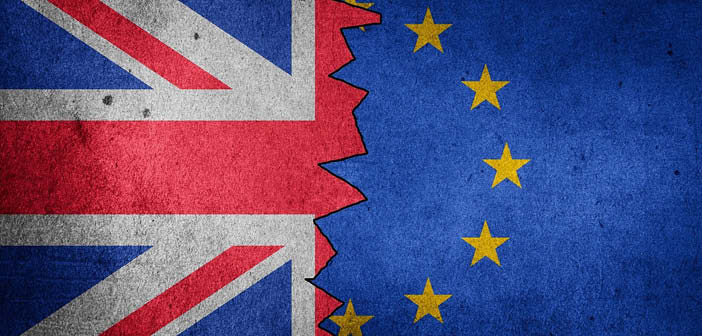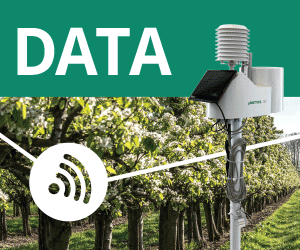Exports of fruit from the UK to the EU, including traditional English apples and pears, have more than halved since Brexit, according to data released by HMRC.
According to accountancy firm Hazelwoods, in the year to 31 March 2021, the UK sold £248.5m worth of fruit to the EU. But sales figures dropped to £119m the next year, and have remained at that level since, with latest tax data showing sales for the year to March 2023 of £113.8m.
“Long delays at UK ports are dissuading many fruit farmers from sending their produce abroad,” said Rebecca Copping, a partner at Hazlewoods. “For a nation with an historic reputation for producing high-quality fruit, it’s a shame that red-tape is making it harder for farmers to export their wares.
“Even double-digit inflation hasn’t been enough to bring the value of fruit exports into the black. This shows just how much damage has been inflicted on the sector.”
HMRC data showed that the overall value of exports to the EU of food had increased but Hazelwoods said, “a large proportion of this increase in value can be attributed to rising inflation in food prices, following the Ukraine crisis.”
At the same time, a new report from the London School of Economics (LSE) suggests that trade barriers due to the UK leaving the EU have increased food costs by £7 billion, around £250 per UK household. Since 2019, the cost of food in the United Kingdom has increased by 25%, as calculated by researchers. However, if post-Brexit trade restrictions were not in place, this increase would be only 17%, or nearly a third less.














